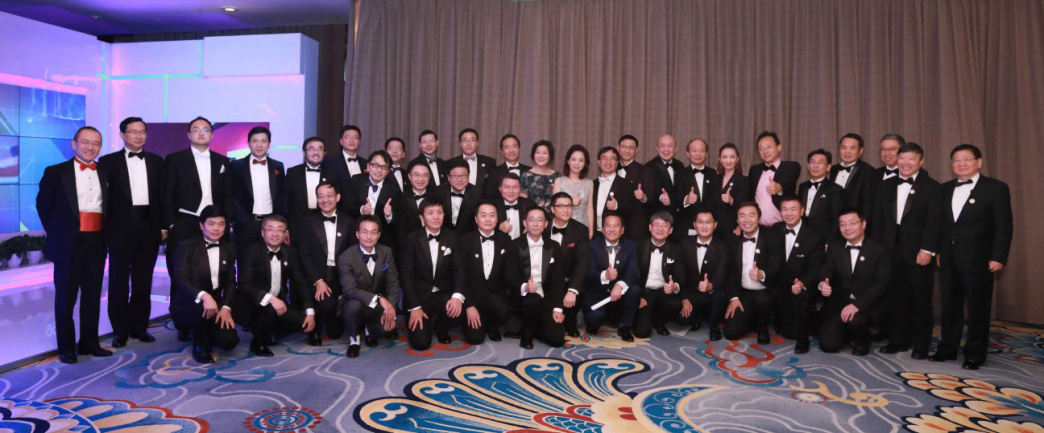The award ceremony of 2017 Future Science Prize was held in Beijing from October 28th to 29th. PAN Jianwei, the vice president of USTC and the chief scientist of Satellite Micius—the world’s first quantum communications satellite project——won the 2017 Physical Science Prize.

CHEN Jining, the Deputy Secretary of Beijing Municipal Party committee of the CPC, chaired a forum on national development of science and technology. President BAO Xinhe and Vice President ZHU Changfei attended the forum. On the forum, seven scientists and entrepreneurs, including PAN Jianwei, RAO Yi, the Director of Department of Science of Peking University and MA Huateng, the President and CEO of Tencent, exchanged ideas, shared experiences and proposed valuable advice with a view to boost innovation of science and technology.
PAN Jianwei said that the Future Science Prize is inaugurated to improve public respect for science and to appeal more people to engage in science. Thanks to the leaps and bounds of the reform and opening up policy over the past four decades, China has become the second largest economy entity in the world. The strength of the country supports scientists to commit themselves in scientific research like quantum communication. PAN added, "I could never dare to expect it twenty years ago even ten years ago ". Entrepreneurs began to invest in science and technology which heralded a new era of scientific research. PAN called for more people to dedicate themselves to science and technology which constitute the primary productive force. This is the reason why the Prize is established.
The annual forum includes fourteen seminars on advanced achievements in basic science, efficient computation, brain science, new energy, and gene technology which will have profound impacts on future scientific research, industry and society. Among the few distinguished guests, more than ten are from USTC, including LUO Liqun, LIU Qingfeng and YANG Peidong. The Prize of this year also launched a new session where the fourteen teenagers have an opportunity to talk the three winners of the Prize who are selected by the committee of the Prize, iFLYTEK, a Chinese information technology company and some middle schools in Beijing.
The Future Science Prize was established in January 17, 2016. It is the first Chinese nongovernmental prize cofounded by scientists and entrepreneurs who covers three major categories, Life Science, Physical Science Prize, Mathematics and Computer Science Prize with $1 million for each. The Future Science Prize focuses on original basic scientific research and rewards those scientists who make outstanding achievements in scientific development in Greater China. To maintain the principles of fairness, trustworthiness and justness, the Prize is nominated via designated invitations and its committee is composed of excellent scientists. Professor SHI Yigong of Tsinghua University and Professor XU Chenyang of Peking University won the Life Science Prize and Mathematics and Computer Science Prize this year.
(XU Yue, USTC News Center)
http://en.ustc.edu.cn/2017/1102/c15527a298354/page.htm